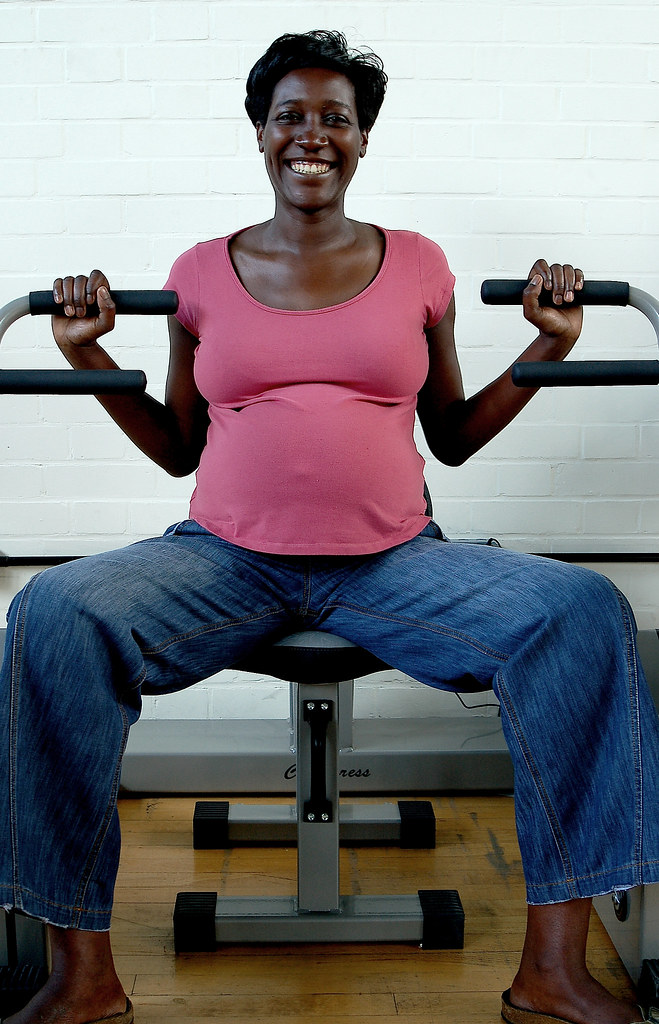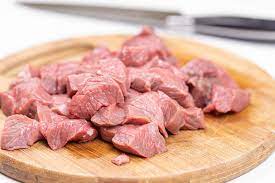National Motherhood Day 2023: Pregnancy Dos and Don’ts for expecting moms-to-be

Every woman wants to have the feeling of becoming a mom in her life. Pregnancy is a lovely time in a woman’s life. In these modern times, when there are many artificial ways to become a mother, women who are experiencing pregnancy stage for the first time should understand that this is not a disease. Throughout their pregnancy stage, expectant mothers must take extra care and responsibility for the baby. The infant needs a healthy environment to grow up in.
This National Motherhood Day, let us educate ourselves and know what steps should we take to enjoy every bit and piece of becoming a mother.
Things you should do during pregnancy
Consume Fruits & Foods
A healthy pregnancy diet should include a range of foods such as fruits and vegetables, meat, cheese, potatoes, beans, and pulses. This will ensure that you have enough energy and nourishment during pregnancy for both mother and the baby.
Workout
Frequent exercise can help with a number of pregnancy-related conditions, including sleeplessness, mental difficulties, and muscle and joint pain.

Stay Active
Staying physically active while pregnant benefits both you and your unborn kid. It can help you sleep better, feel less anxious, and stay healthy during your pregnancy.
Hydrate Yourself
Preterm labor can be avoided by staying hydrated. It also helps to avoid constipation, nausea, and headaches during pregnancy. A minimum of eight glasses of fluid, preferably water, should be consumed each day.

Things you should not do during pregnancy
Smoking
Compared to children born to non-smoking mothers, newborns born to pregnant smokers are more likely to be smaller at birth and to have learning difficulties.

Alcohol Consumption
Avoid drinking alcohol while pregnant since it can permanently harm the unborn child. The risk increases with increased intake. There is no known safe threshold of alcohol use during pregnancy, hence complete abstinence is advised.
Raw Meat
Foodborne disease is a hazard when meat and eggs are uncooked or undercooked. Food poisoning is another danger. During your pregnancy, stick to eating only completely cooked meat and eggs.

Too Much Caffeine
It is advised to consume as little caffeine as possible because high levels have been associated with pregnancy issues. It is advised that only 200 mg per day of caffeine should be consumed during pregnancy. This equates to roughly two cups of instant coffee.










